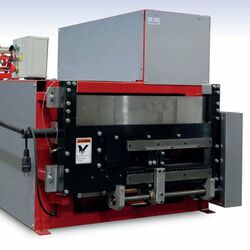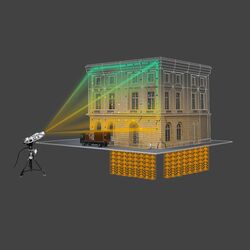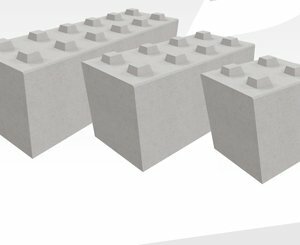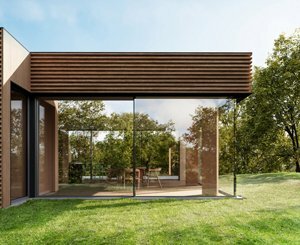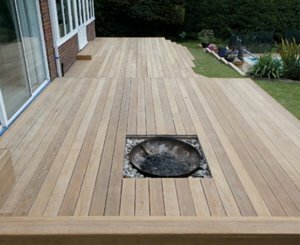The new housing market, whose sales have been falling for several years, is still not succeeding in overcoming the effects of the health crisis, particularly due to the drop in building permits granted, the Federation of real estate developers reported on Thursday.
Selection of products
To read also
-
 Reductions in interest rates on real estate loans limited in number but significant
Reductions in interest rates on real estate loans limited in number but significant
-
 The Banque de France confirms that it expects +0,2% growth in the first quarter
The Banque de France confirms that it expects +0,2% growth in the first quarter
-
 The slowdown in the decline in mortgage rates continues
The slowdown in the decline in mortgage rates continues
-
 The fall in mortgage rates does not weaken in April
The fall in mortgage rates does not weaken in April
-
 Demand for offices in Île-de-France is slowly picking up
Demand for offices in Île-de-France is slowly picking up
-
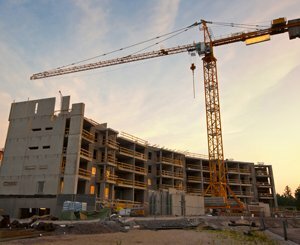 The number of building permits still falling in February, the sector remains in deep crisis
The number of building permits still falling in February, the sector remains in deep crisis
-
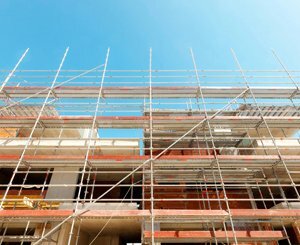 Gloomy start to the year for the construction materials sector
Gloomy start to the year for the construction materials sector
-
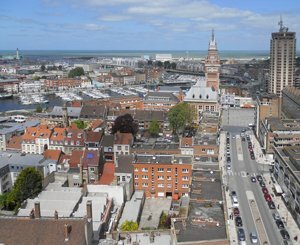 Real estate: the threshold of €4.000/m² crossed for the first time in Hauts-de-France, in a context of unprecedented crisis
Real estate: the threshold of €4.000/m² crossed for the first time in Hauts-de-France, in a context of unprecedented crisis
Popular News
-
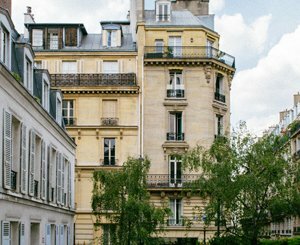 Old property prices are still falling but a recovery is taking shape
Old property prices are still falling but a recovery is taking shape
-
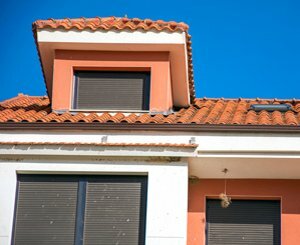 A report on anticipating the effects of +4°C warming reaffirms the need for housing adaptation
A report on anticipating the effects of +4°C warming reaffirms the need for housing adaptation
-
 AI is already revolutionizing businesses in architecture, engineering, construction... according to Autodesk's "State of Design & Make" study
AI is already revolutionizing businesses in architecture, engineering, construction... according to Autodesk's "State of Design & Make" study
-
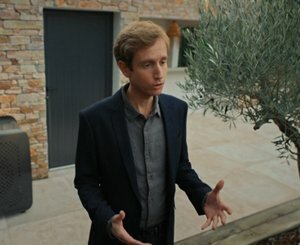 The leader in chimney flue signs his first quirky and humorous TV spot in the form of a saga
The leader in chimney flue signs his first quirky and humorous TV spot in the form of a saga


